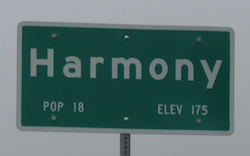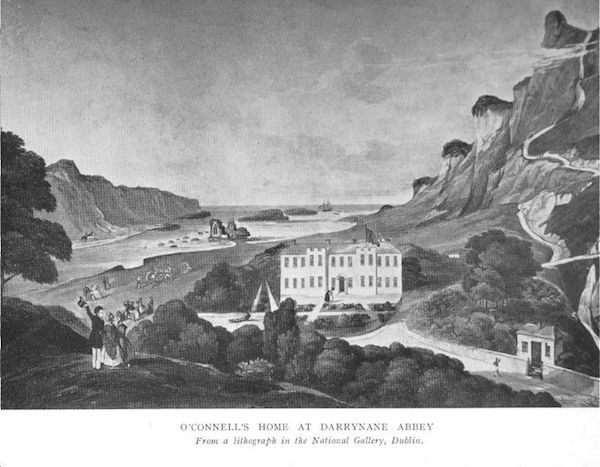The Heads of an Irish Bill to ensure GDPR compliance are very welcome, but they raise questions about repeals and compensation
 The Government has today published the General Scheme of the Data Protection Bill 2017 (press release | scheme (pdf)) to give further effect in Irish law to the EU General Data Protection Regulation and to implement the associated Data Protection Directive for law enforcement bodies. The publication of the Heads is a very welcome development indeed. There will, in the coming weeks and months, no doubt be much discussion of the Heads, and I hope that the draft will be improved as a consequence. For now, I want to make two points, about repeals of existing legislation, and the availability compensation for infringement of the GDPR.
The Government has today published the General Scheme of the Data Protection Bill 2017 (press release | scheme (pdf)) to give further effect in Irish law to the EU General Data Protection Regulation and to implement the associated Data Protection Directive for law enforcement bodies. The publication of the Heads is a very welcome development indeed. There will, in the coming weeks and months, no doubt be much discussion of the Heads, and I hope that the draft will be improved as a consequence. For now, I want to make two points, about repeals of existing legislation, and the availability compensation for infringement of the GDPR.
 The first point is brief enough. Existing Irish law is contained in the Data Protection Acts 1988 and 2003 (also here and here; the ODPC’s unofficial but extremely helpful administrative consolidation is here), which are not very easy to work with. Head 5 deals with “Repeals”. My fervent hope is that the 1988 and 2003 Acts will be repealed, and that the new Bill will provide a single one-stop-shop for all Irish law on data protection. My hope has been neither fulfilled nor dashed by Head 5. It’s blank. The explanatory note says that the existing Acts “will be largely superseded by” the GDPR and Directive, and that this “Head will be completed during the drafting process”.…
The first point is brief enough. Existing Irish law is contained in the Data Protection Acts 1988 and 2003 (also here and here; the ODPC’s unofficial but extremely helpful administrative consolidation is here), which are not very easy to work with. Head 5 deals with “Repeals”. My fervent hope is that the 1988 and 2003 Acts will be repealed, and that the new Bill will provide a single one-stop-shop for all Irish law on data protection. My hope has been neither fulfilled nor dashed by Head 5. It’s blank. The explanatory note says that the existing Acts “will be largely superseded by” the GDPR and Directive, and that this “Head will be completed during the drafting process”.…



 The Private Law Discussion Group in the School of Law, Trinity College Dublin, is delighted to welcome
The Private Law Discussion Group in the School of Law, Trinity College Dublin, is delighted to welcome 
 The
The 
